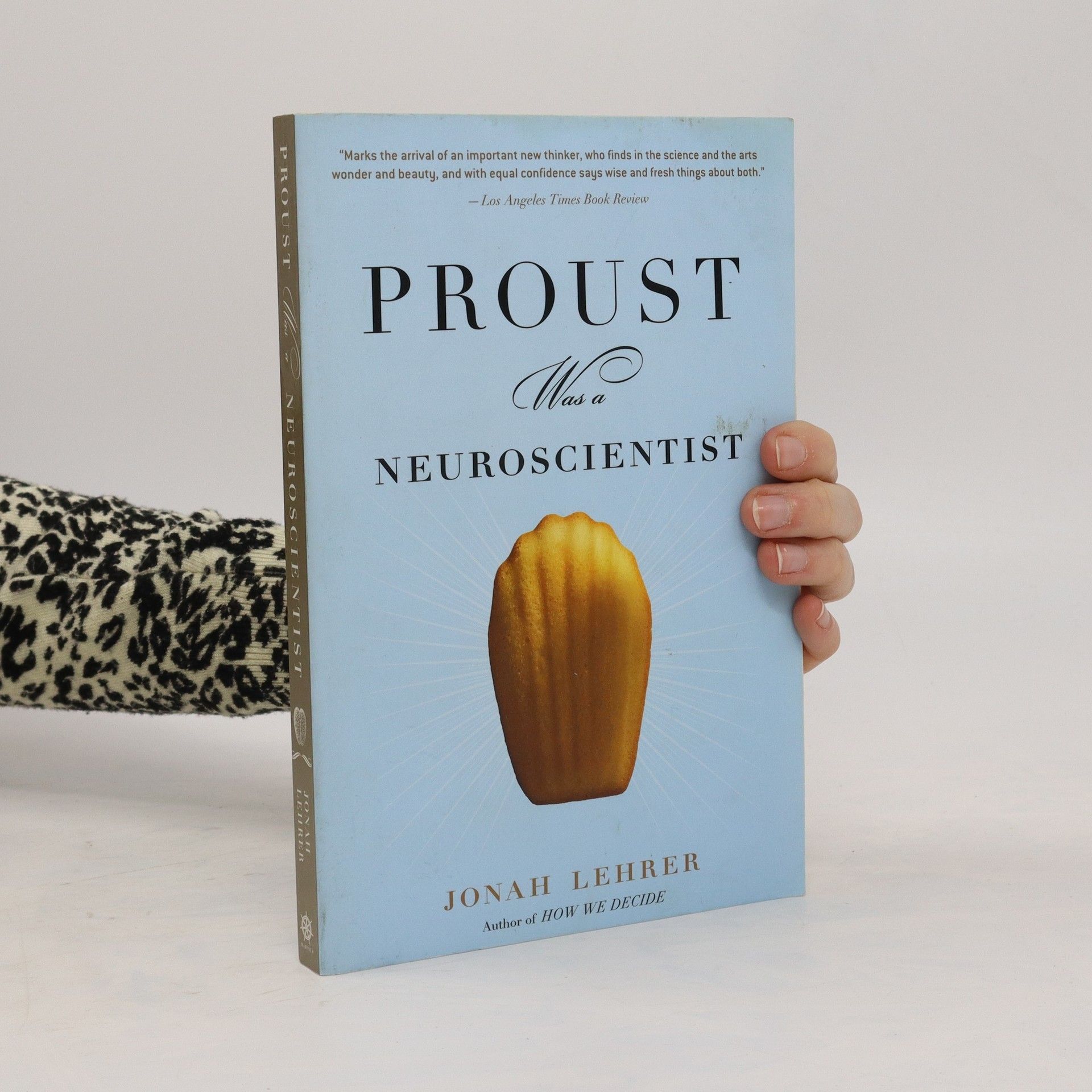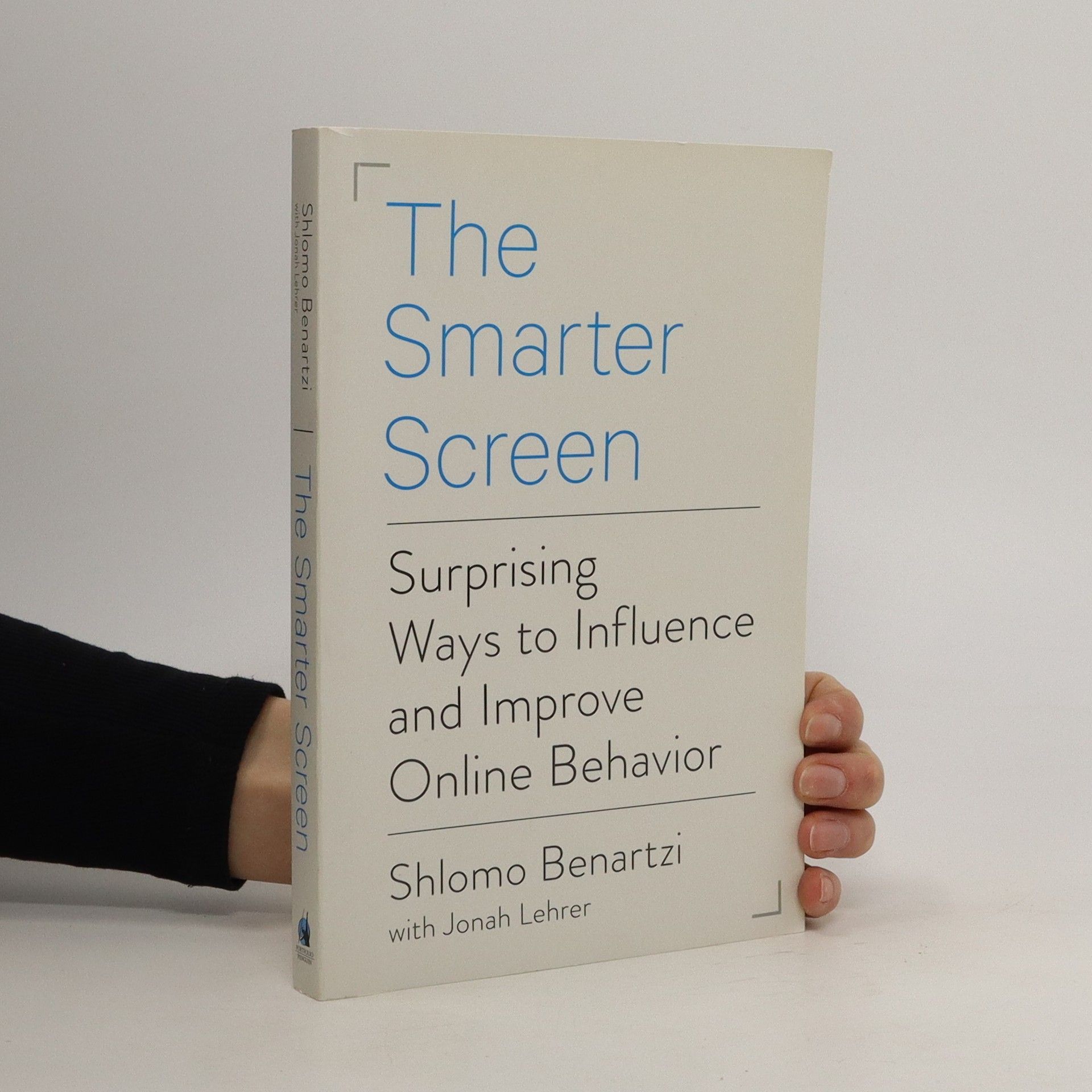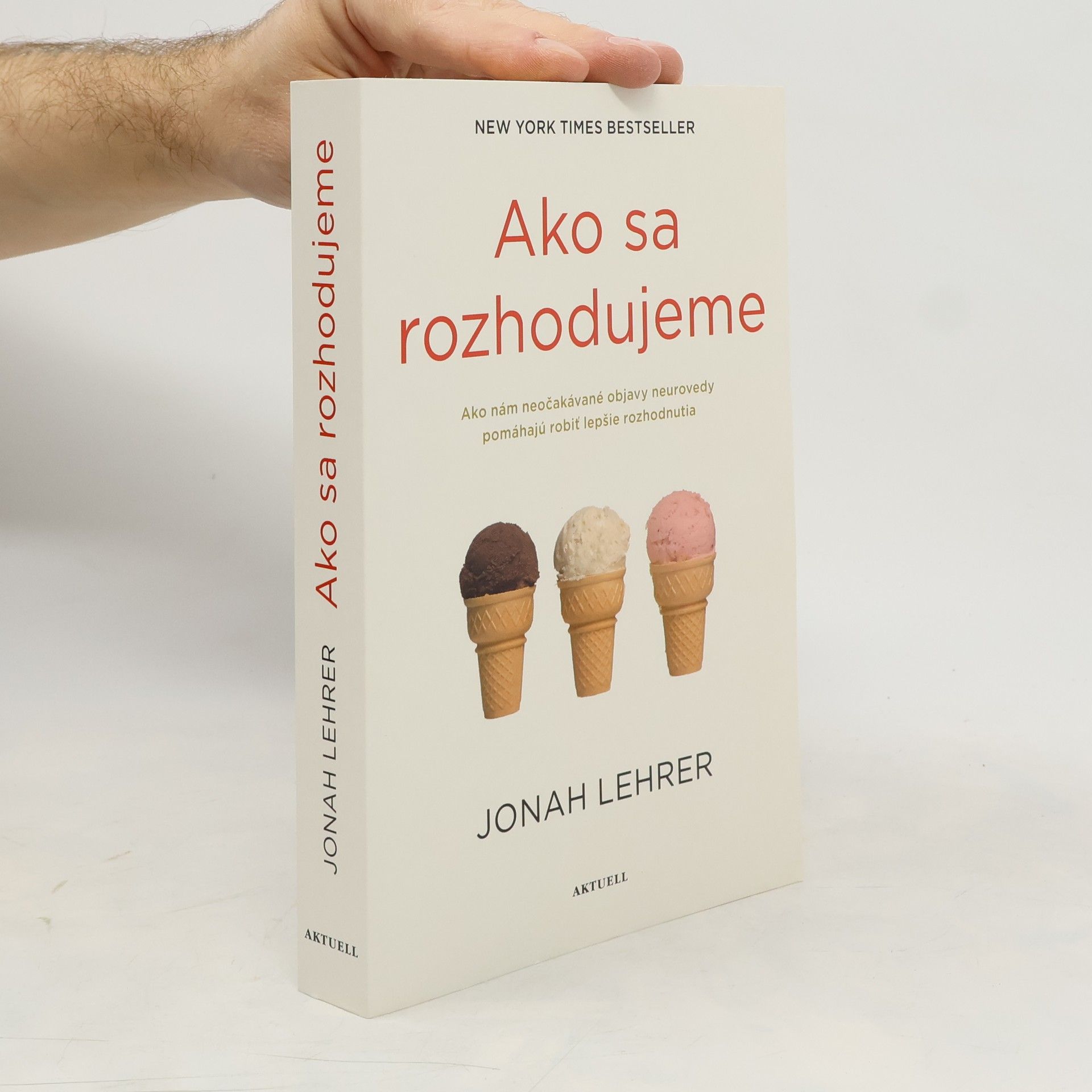Ako sa rozhodujeme
- 304 stránok
- 11 hodin čítania
Ako sa rozhoduje ľudská myseľ a ako môžeme zlepšiť naše rozhodovanie? Dlhodobo sa považovalo, že rozhodovanie je buď racionálne, alebo emocionálne. Moderné neurovedy však odhaľujú, že myseľ funguje na základe spolupráce rozumu a emócií, pričom obidve zložky sú nevyhnutné pre zdravé fungovanie. Uprednostnenie jednej z nich vedie k horším výsledkom, než sme si mysleli. Napríklad pri kúpe domu si často myslíme, že racionálne zváženie všetkých premenných prinesie lepší výsledok. Avšak výskumy ukazujú, že naše emocionálne podvedomie pozná „správnu“ odpoveď skôr než racionálne časti mozgu. Neurologické a psychologické štúdie potvrdzujú, že racionalita správania je preceňovaná. Autor analyzuje faktory a mechanizmy rozhodovania, objasňuje, prečo nadmerné premýšľanie môže byť škodlivé, prečo je dôležité počúvať intuíciu, akú úlohu zohráva dopamín a prečo je lepšie vyhýbať sa preplneným informáciám. Taktiež skúma spojenie medzi morálkou a emocionalitou, čím ponúka nové pohľady na proces rozhodovania.





